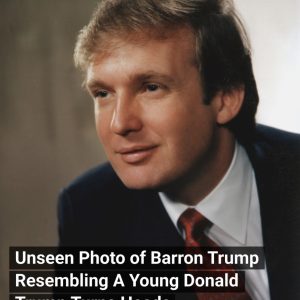
One evening, just for fun, a woman decided to post a photo of herself online and ask people to guess her age. She felt pretty good about her appearance, knowing she had put effort into her skincare routine, kept up with fashion, and even dabbled in the latest makeup trends. While she expected a range of guesses, she was confident the responses would mostly lean close to her real age—or maybe even a bit younger.
Within minutes, the comments started rolling in. Some people were respectful, making thoughtful guesses that were only a few years off. But as more responses came in, things took an unexpected turn. Many of the guesses skewed much higher than she anticipated, with people estimating her to be 10, even 15 years older than she actually was. Some commenters were brutally honest, commenting on supposed “laugh lines” or “signs of aging” they spotted. Others tried to be kind but still guessed older, attributing their guesses to her “wise” and “mature” appearance.
Shocked and a bit hurt, she scrolled through the comments, feeling a mix of emotions. At first, she laughed it off, trying not to take it personally. But as the numbers continued to pile up, each one guessing older, she started to question herself. Was it her makeup? The lighting? Or maybe she had been so focused on certain parts of her appearance that she missed other subtle signs of aging?
As the comments kept coming, she had a realization. Age is a number, but people’s perceptions can be wildly different based on tiny details, personality cues, and even fashion. She decided to leave the post up, not deleting a single comment, and took it as a chance to embrace herself at her true age—no matter what others guessed. In the end, she chose to see it as a humorous reminder that age is only part of the story, and how she felt about herself was what truly mattered.
Beta feature
Beta feature




